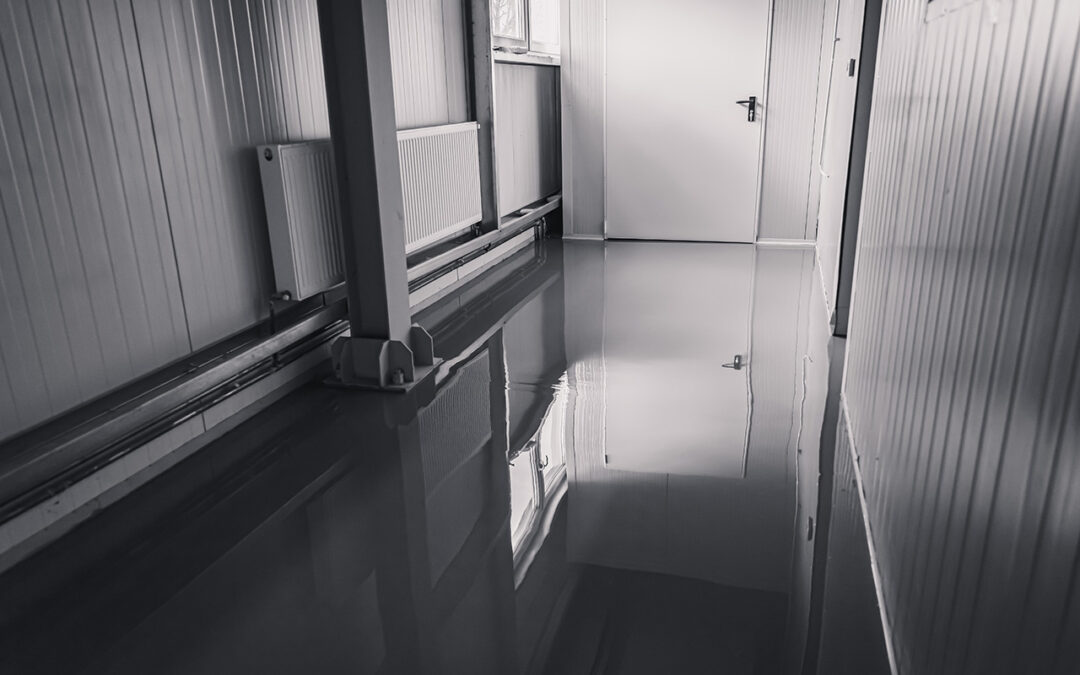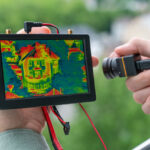Emergency Preparedness: What to Do When a Major Water Leak Occurs
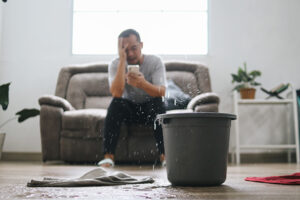 Experiencing a major water leak in your home can be nothing short of a nightmare. Suddenly, gallons of water are where they shouldn’t be, threatening your property’s integrity, your possessions, and even your peace of mind. This guide is designed to help you navigate the chaos with confidence, covering everything from immediate steps to long-term prevention strategies.
Experiencing a major water leak in your home can be nothing short of a nightmare. Suddenly, gallons of water are where they shouldn’t be, threatening your property’s integrity, your possessions, and even your peace of mind. This guide is designed to help you navigate the chaos with confidence, covering everything from immediate steps to long-term prevention strategies.
Introduction to Water Leak Emergencies
Water leaks are not just inconvenient; they can be downright destructive. Whether it’s a burst pipe in the dead of winter or a broken water heater, the result can be the same: water everywhere, and not a moment to lose. Understanding the potential severity of water leaks is the first step in preparing for them. Recognising signs like unusual increases in your water bill, damp patches on walls or ceilings, and the sound of running water when all taps are closed can be crucial in early detection.
Immediate Steps to Take in Case of a Major Water Leak
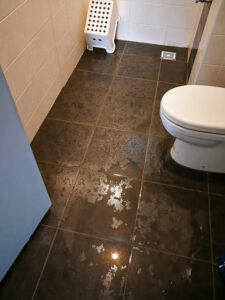 Identifying the Source of the Leak
Identifying the Source of the Leak
The first action in your emergency playbook should be to identify where the water is coming from. Is it a burst pipe, a leaking appliance, or an overflow? Sometimes, the source is obvious, but other times it may require some detective work. Identifying the source not only helps in taking the next steps but also in explaining the situation to professionals when you call for help.
Shutting Off the Water Supply
Knowing how to shut off your home’s main water supply is as crucial as knowing how to exit in case of a fire. This knowledge can significantly limit the damage caused by a major leak. The main shut-off valve is usually found close to where the main water line enters your house. Turn it clockwise to close it. If the leak can be seen coming from a specific appliance or fixture, such as a toilet or washing machine, look for its individual shut-off valve.
Electrical Safety Precautions
Water conducts electricity, which means a water leak can quickly turn into an electrical hazard. If water is near electrical outlets or devices, cut power to the affected area at your home’s electrical panel. If you’re unsure or the panel is inaccessible due to water, it’s safer to shut off power to your entire home and call a professional.
After the Immediate Threat
With the immediate threat mitigated, it’s time to assess and address the damage.
Assessing the Damage
Once it’s safe to do so, start assessing the damage. This means checking not just for water damage to your belongings but also for potential structural damage. Be on the lookout for sagging ceilings, swollen walls, and compromised flooring. It’s also a good time to check for secondary damage, such as mould, which can begin to grow rapidly in damp conditions; often as little as 24 hours.
Contacting Professional Services
Major water leaks often require professional repair services. This could include plumbers, electricians, and water damage restoration specialists. These professionals can handle the complexities of drying out your home, preventing mould, and restoring your property to its pre-leak condition.
Documenting the Damage for Insurance
As you assess the damage, document everything. Take photos or videos of the damage to your home and belongings. This visual evidence will be invaluable when filing an insurance claim. Keep a detailed list of all damaged items and any expenses related to temporary repairs or professional services.
Long-Term Prevention and Maintenance
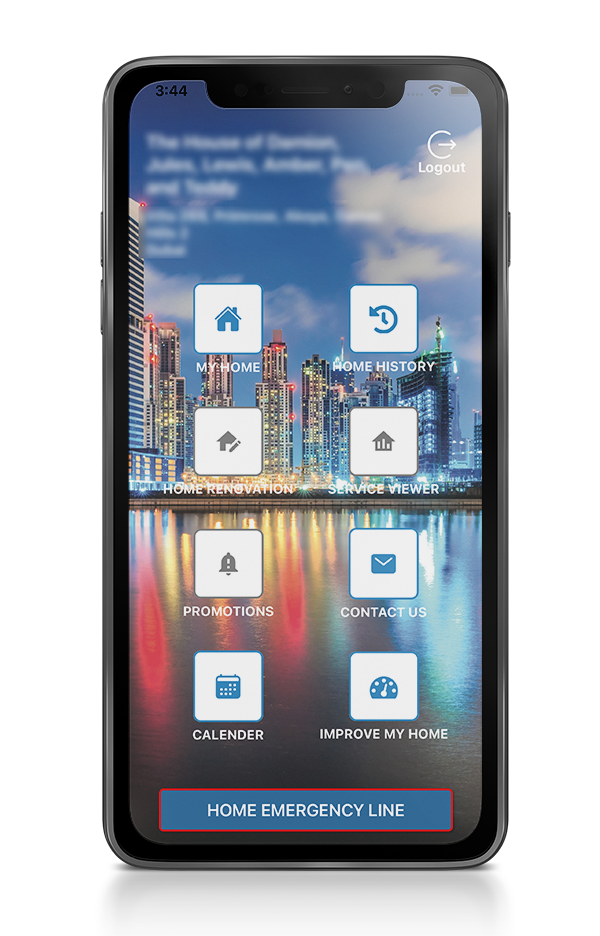 Preventing future leaks is about being proactive rather than reactive.
Preventing future leaks is about being proactive rather than reactive.
Regular Inspection Routines
Routine inspections of your home’s plumbing system can catch small issues before they become major problems. This includes checking pipes for signs of wear or corrosion, inspecting appliance hoses and connections, and ensuring your sump pump (if you have one) is in good working order.
Installing Water Leak Detection Systems
Water leak technology can be a powerful ally in preventing water damage. Water leak detection systems can alert you to leaks before they cause significant damage, some even automatically shut off the water supply. These systems range from simple moisture sensors to comprehensive home monitoring solutions.
Understanding Your Home’s Plumbing
Familiarity with your home’s plumbing layout and how to maintain it can empower you to prevent leaks or respond effectively when they occur. This doesn’t mean you need to become a plumbing expert, but knowing the basics, such as how to clear minor clogs and when to replace washing machine hoses, can make a big difference.
The Importance of Being Prepared
Preparedness can turn a potential disaster into a manageable inconvenience. By understanding what to do in the event of a water leak and taking steps to prevent them, you can protect your home, your belongings, and your peace of mind.
Conclusion
Dealing with a major water leak is undoubtedly stressful, but it doesn’t have to be catastrophic. With the right knowledge and preparations, you can navigate through the emergency with confidence and minimise the impact on your life and home. Remember, the key is to act quickly, think safety first, and lean on the expertise of professionals when needed.
FAQs
What is the first thing I should do if I discover a major water leak?
Immediately identify and stop the source by shutting off your home’s main water supply, then take safety precautions to avoid electrical hazards.
How can I prevent mould after a water leak?
Quick drying is crucial. Use fans, dehumidifiers, and professional drying services to remove moisture as fast as possible.
What are the signs that I need professional help for a water leak?
If the leak is extensive, involves sewage, has caused structural damage, or if you’re unsure of the leak’s source, it’s time to call professionals.
Can a minor leak turn into a major problem?
Yes, even small leaks can lead to significant issues over time, such as structural damage or mould growth. Address leaks promptly, no matter their size.
How often should I inspect my home for potential water leak risks?
Conduct a thorough inspection at least once a year and after any major weather events that could affect your plumbing system.
If you think you might have a leak, book an inspection today by clicking the link below.
